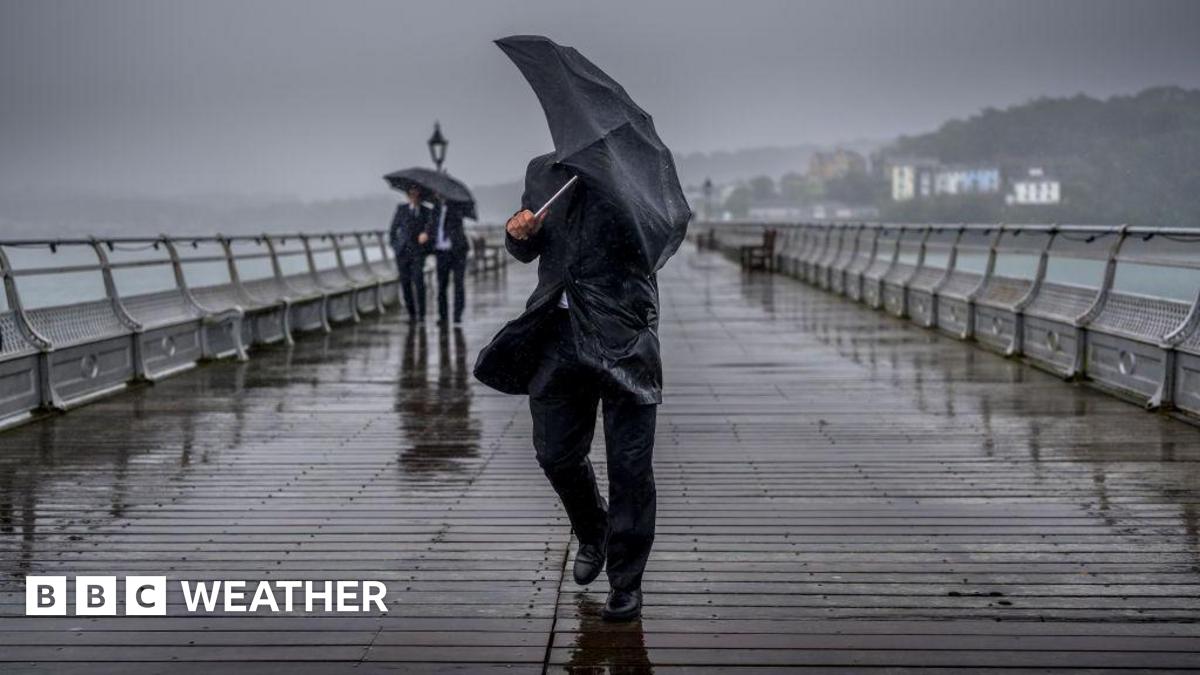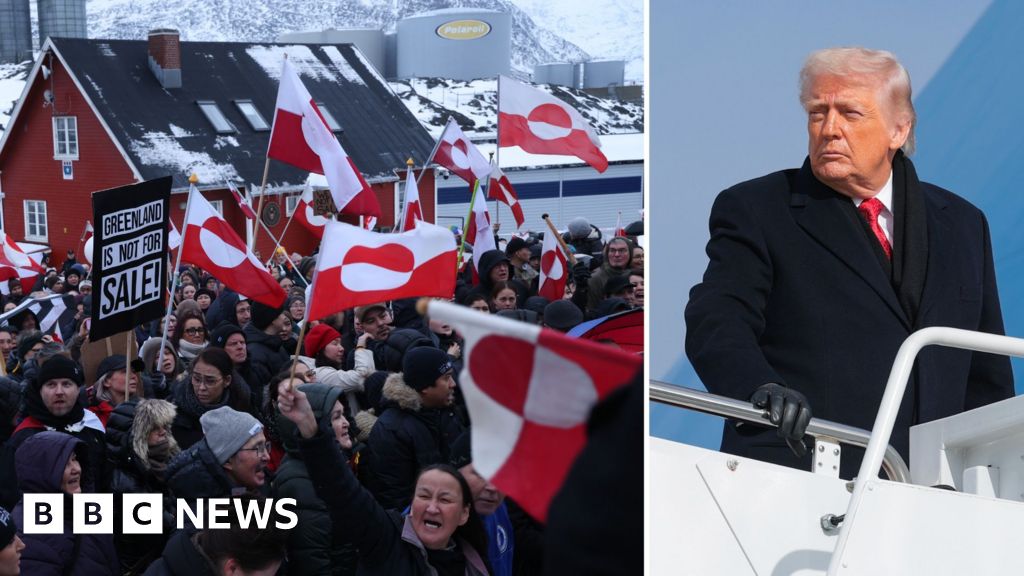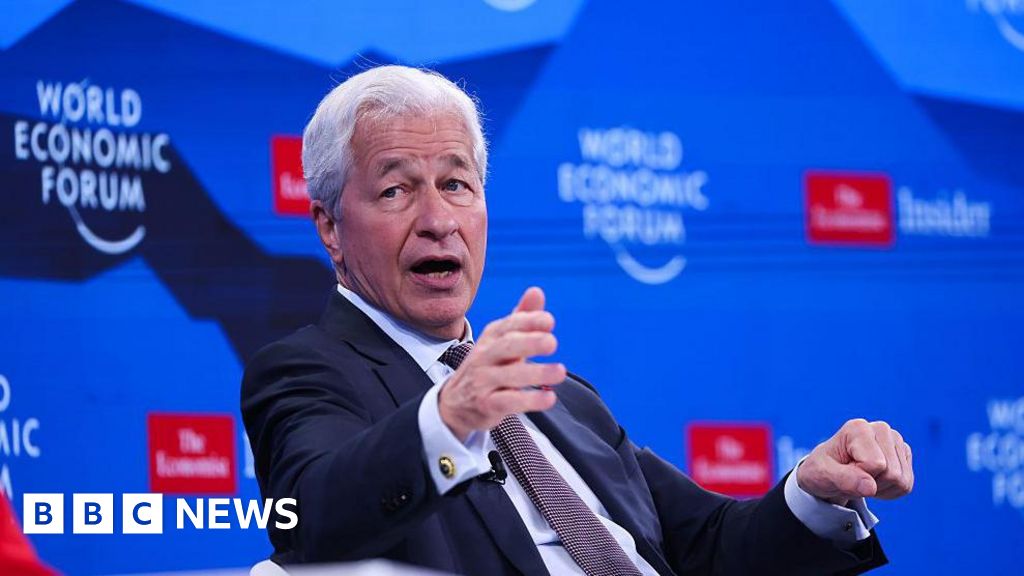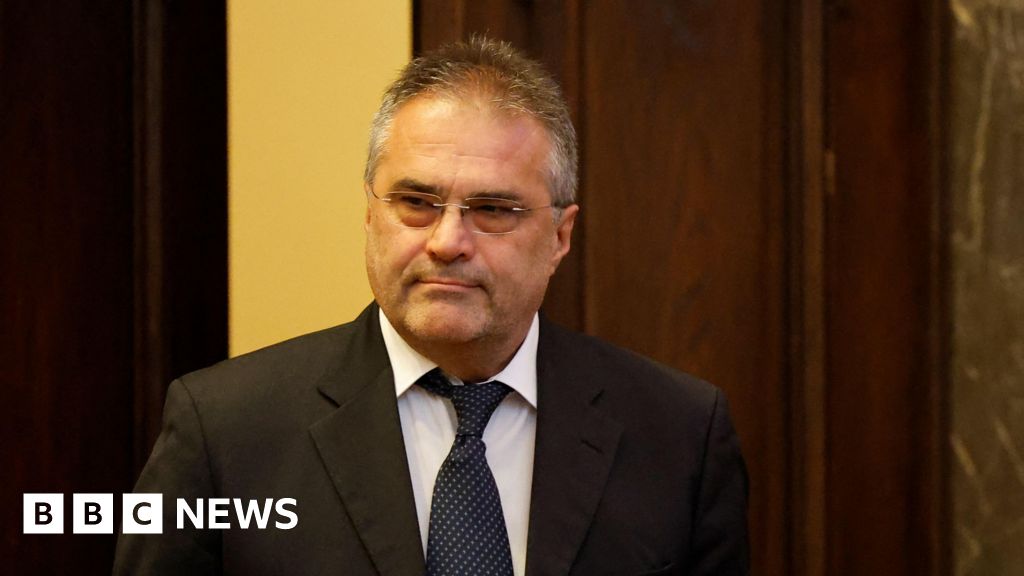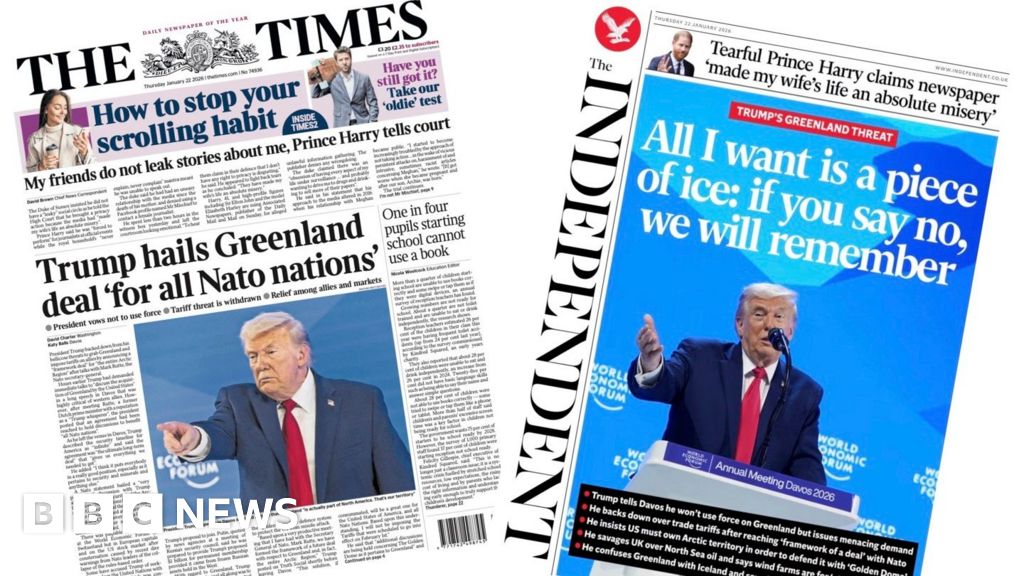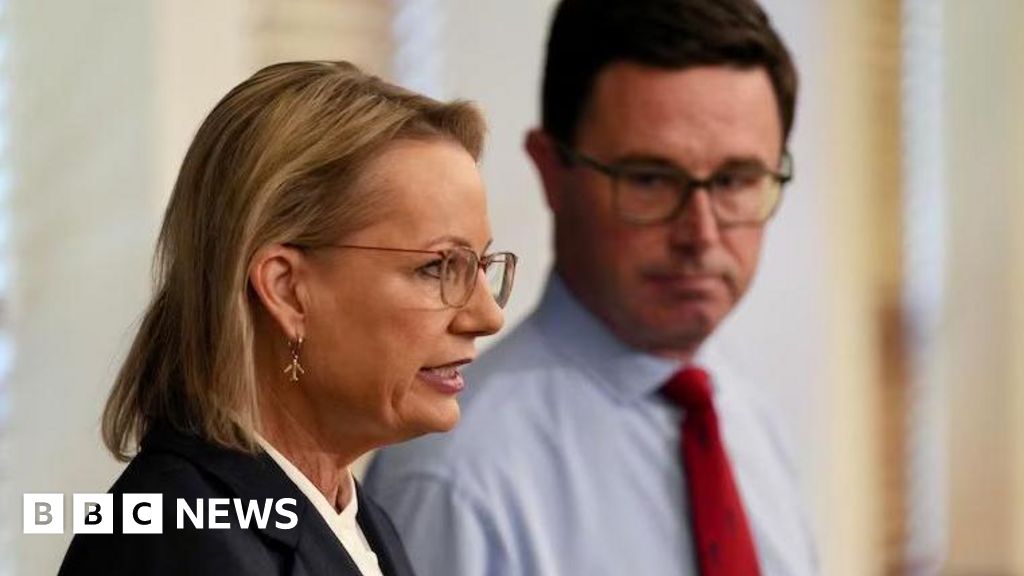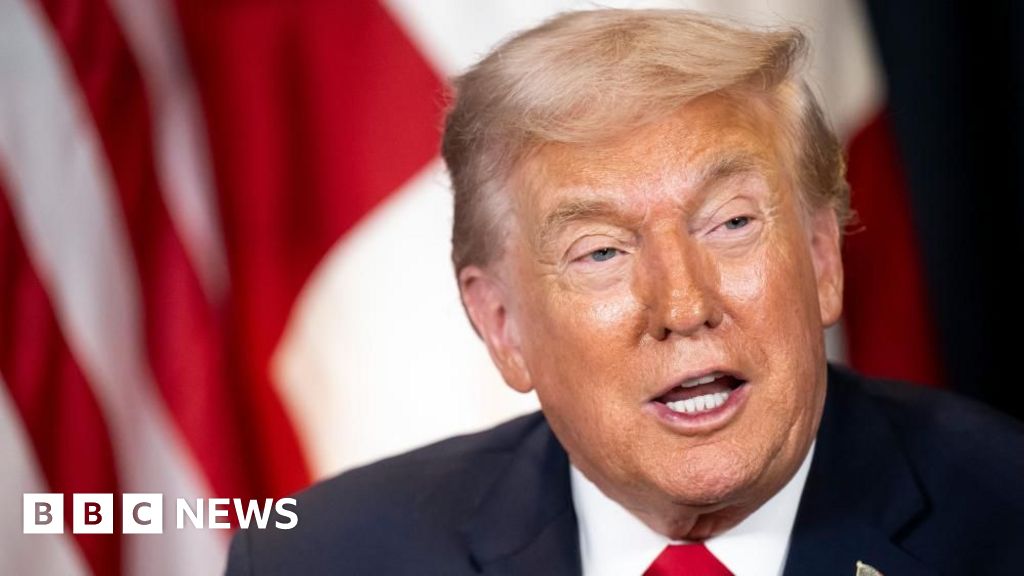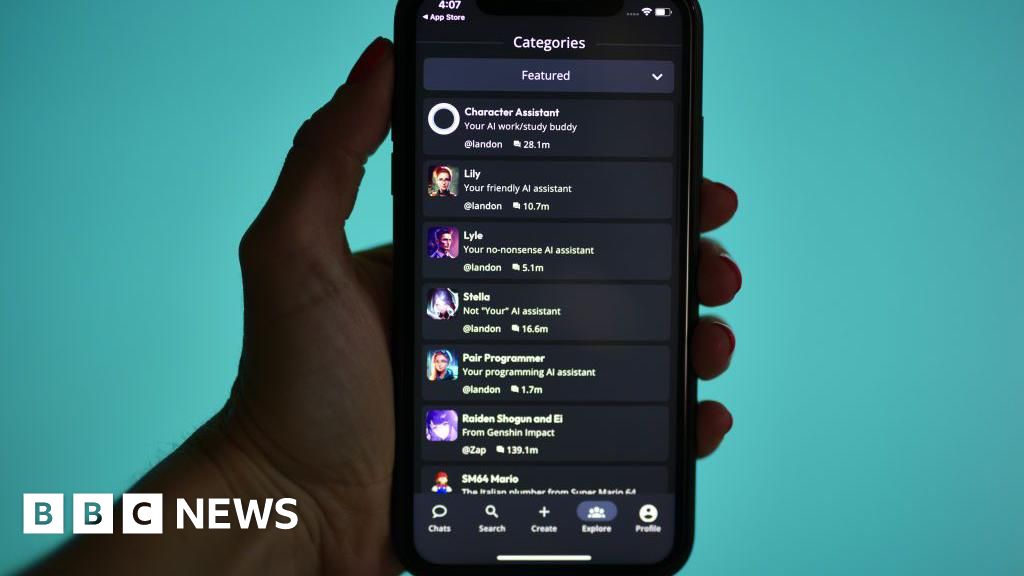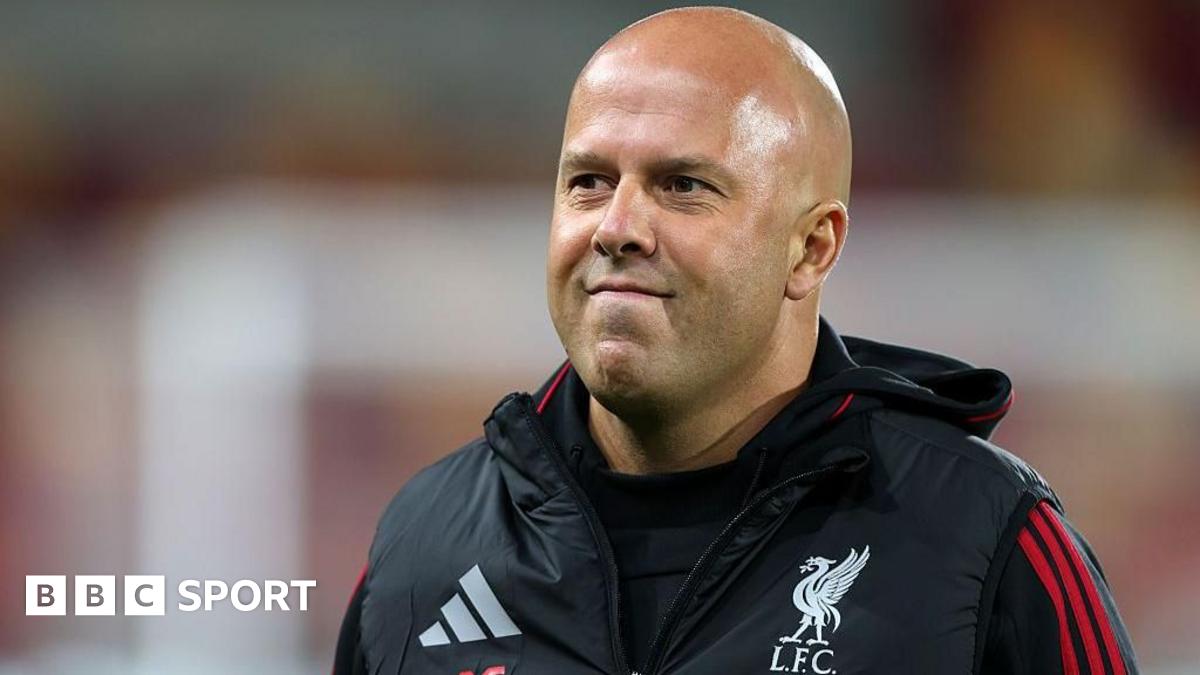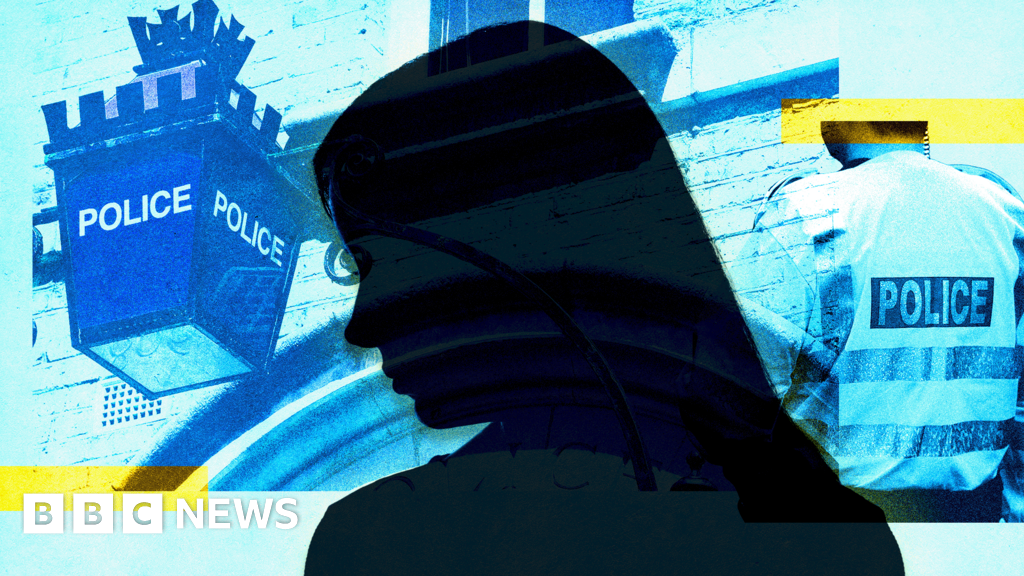Chris MasonPolitical editor

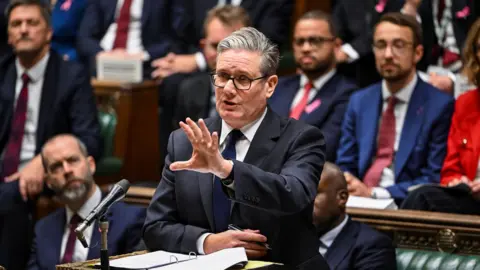 Reuters
Reuters
At just after half past nine on Wednesday night, the documents appeared on the government's website.
There were three submissions from one of the government's Deputy National Security Advisers, Matthew Collins.
The first one from December 2023, under the Conservatives.
And two more. The second one is dated February 2024, also when the Conservatives were in power and the third August 2025, when Labour were.
But it turns out, we learned in a later hastily published clarification, the date was a year out in that second document and it was actually submitted in February 2025, under Labour – arguably a crucial distinction when one element of the language used is examined.
Firstly, then, to the first document.
It includes lots of detail relating to the specific allegations against Christopher Cash and Christopher Berry, who have always denied the allegations against them and who are not facing any criminal proceedings.
Mr Cash, through his solicitor, has already put out a statement reiterating his innocence and reflecting that he hadn't had "the daylight of a public trial" and adding that he shouldn't have to take part "in a trial by media."
In the first document, Mr Collins sets out that the government at the time saw China as an "evolving and epoch defining challenge". That was the language government ministers were always careful to use at the time.
It adds that the government "will increase our national security protections where Chinese state actions pose a threat to our people, prosperity and security".
There is then a segment that is a little warmer towards Beijing: "We will engage directly with China bilaterally and in international fora so that we leave room for open, constructive and predictable relations."
But it is blunt, too: "The Chinese Intelligence Services are highly capable and conduct large scale espionage operations against the UK and other international partners to advance the Chinese state's interests."
He concludes: "It is my assessment that the suspects' alleged activities were prejudicial to the safety or interests of the UK, and the information and material passed would be directly or indirectly useful to the Chinese state."
So, he talks about espionage, he talks about threats and he talks too about being open and constructive.
Fast forward to February of this year and the language is similar, but it does appear to reflect the change in government and its outlook on relations with China.
Mr Collins says China presents "the biggest state based threat to the UK's economic security" but adds a few paragraphs later "it is important for me to emphasise, however, that the government is committed to pursuing a positive economic relationship with China. The government believes that the UK must continue to engage with international partners on trade and investment to grow our economy while ensuring that our security and values are not compromised."
That word "positive" hadn't featured in the earlier document.
And then in the final submission, from just a few months ago in August of this year, the word "positive" features again, but so does this:
"China's espionage operations threaten the UK's economic prosperity and resilience and the integrity of our democratic institutions."
And, crucially, he points out that between 2021 and 2023, the crucial years under the last government when these allegations relate to, "the UK government publicly articulated…the increasing Chinese espionage threat posed to the UK".
The BBC understands that Mr Collins assumed he had given enough evidence for the prosecution to continue, when he submitted that third and final witness statement.
We are also told that after submitting his first statement, when the Crown Prosecution Service went back to him to ask for further clarification on the threat posed by China, they were not explicitly clear what Mr Collins would have needed to say in order to clear that threshold.
So what can we deduce from all of this?
This government and its Conservative predecessor had a deep and ongoing worry about Chinese espionage. But both also wanted an economic and diplomatic relationship with Beijing.
Labour folk tell me it justifies the prime minister's argument – as punchy a case as could be made was made, within the confines of government policy a few years ago and now.
Some Conservative folk note Mr Collins' language in the submissions since the general election quote language that featured in Labour's manifesto: "We will cooperate where we can, compete where we need to and challenge where we must."
The Shadow Home Secretary Chris Philp told me: "This is wholly contrary to what the prime minister has been saying – which is that all of the evidence submitted related to the 2021-2023 period."
We await Downing Street's response.
And one final thing.
There are MPs digesting all of this who are struggling to understand why this case didn't come to court.
It is the Crown Prosecution Service's role to judge the likelihood of securing a conviction and in this instance they didn't think that likelihood was high enough – and it is their job to determine that.
But there is enough in these documents to ensure that element of this debate continues, as well as the approach taken by both the previous government and by this one.

 3 months ago
83
3 months ago
83
